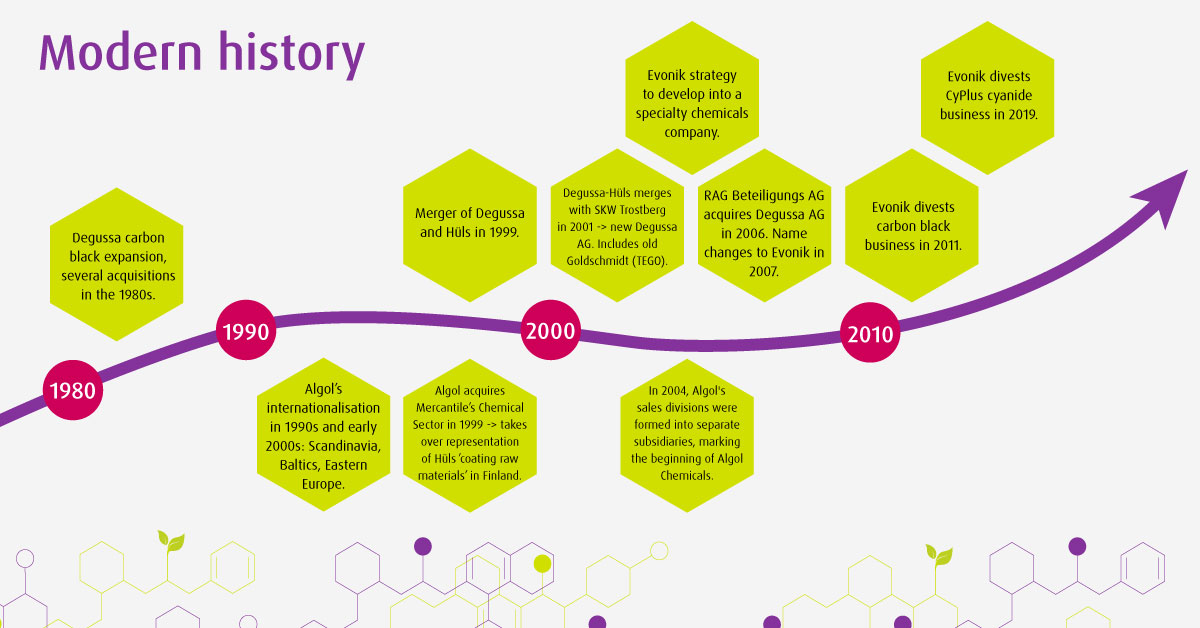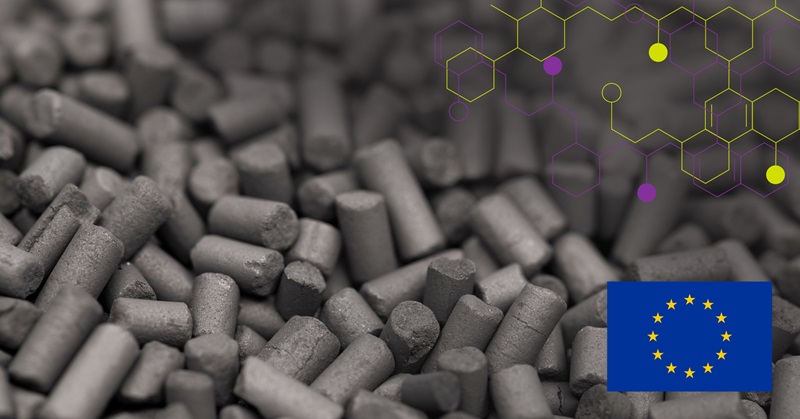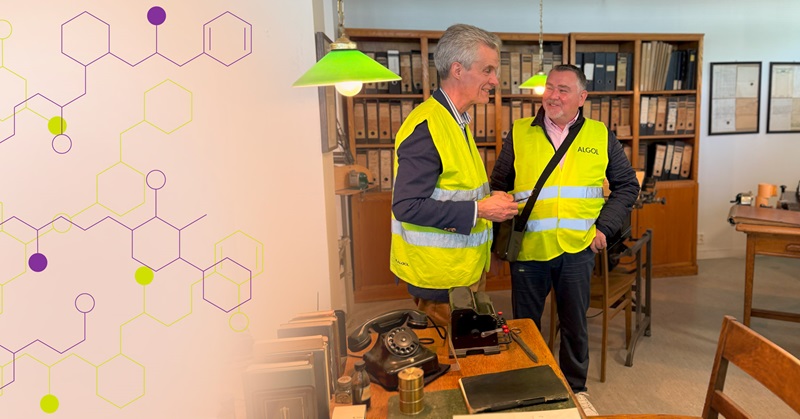A century of partnership: Algol and Evonik celebrate 100 years of cooperation
In 2025, Algol and Evonik celebrate 100 years of cooperation, a partnership that began with preparations for the ceramic industry and later expanded to many other chemical products and industrial solutions. This enduring relationship is rooted in the individual histories of both companies, highlighting their evolution and adaptability over more than a century.
The origins of what would become Evonik trace back to the Th. Goldschmidt Chemical Factory, founded in Berlin in 1847, which moved to its current location in Essen in 1890. Algol's journey began with Albert Goldbeck-Löwe, who established a trade agency in Helsinki in 1894.
Genesis of cooperation
The partnership between Algol and Deutsche Gold- und Silber-Scheideanstalt (later Degussa, now Evonik) formally began in 1925. Albert's nephew Adolf Goldbeck-Löwe, who was appointed Director of Algol's Chemicals Division in 1924, played a key role. After a visit to Finland by Mr. Hübner of Scheideanstalt in November 1925, Algol's representation for ceramic preparations was agreed upon. These included enamel and underglaze colours, oxides and salts, and gold and precious metal preparations. This representation was confirmed in a letter from Scheideanstalt to Algol dated 17 November 1925. The Arabia faience and porcelain factory in Helsinki became Algol's first customer for Scheideanstalt's products.
Expanding the partnership: Growth and diversification
A formal representation agreement was signed in 1936, expanding Algol's representation in Finland to cover a wider range of Scheideanstalt's ceramic colour department products, including enamel colours, pigments, glazes, glaze frits, precious metal preparations, metal oxides, and other raw materials.
In 1938, the cooperation widened to include Degussa's Pottery Department, covering testing equipment, industrial ovens, and devices made of pure oxides. By 1943, during the Second World War, Algol also represented Degussa's Durferrit and Industrial Furnace Construction departments, dealing with various salts for metal treatment and salt-bath furnaces.
Post-1945 resumption and continued evolution
Following the Second World War, cooperation was resumed between Degussa and Algol. After the currency reform in Germany in 1948, negotiations in Helsinki and Frankfurt led to the re-establishment of Algol's representation of Degussa's interests in Finland. This included ceramic colours, carbon black, oxide products, Durferrit, ferric and ferrocyanide salts, furnace construction, sodium cyanide, Degussit, formaldehyde, and solvents, among others.
In the 1970s, the cooperation further expanded, with a new representation agreement in 1975 covering 11 out of Degussa's 18 divisions and sections. By 1973, the biggest sales divisions were Pigments, Chemicals, Joining Technique Metal, and Technical Metal Products.
Recent history and future outlook
The recent history of the cooperation between the two companies has seen significant developments. Degussa expanded its carbon black business in the 1980s, and Algol began its internationalisation in the 1990s and early 2000s, expanding into Scandinavia, the Baltics, and Eastern Europe. In 1999, Degussa and Hüls merged, while Algol acquired Mercantile's Chemical Sector, taking over the representation of Hüls' coating raw materials in Finland. Degussa-Hüls further merged with SKW Trostberg in 2001, forming the new Degussa AG, which included the old Goldschmidt (Tego) business.
In 2004, Algol's sales divisions were formed into separate subsidiaries, marking the beginning of Algol Chemicals. RAG Beteiligungs AG then acquired Degussa AG in 2006, leading to a name change to Evonik in 2007. Evonik divested its carbon black business in 2011 and its CyPlus cyanide business in 2019, focusing on becoming a specialty chemicals company.
Today, Algol Chemicals represents Evonik across several business lines, including Coating Additives, Silica, Animal Nutrition, and other products. These operations span across Finland, Sweden, Denmark, Norway, Estonia, Latvia, Lithuania and Ukraine, serving 400 active customers. This century-long cooperation between Algol and Evonik exemplifies a strong and adaptable business relationship built on a foundation of shared values and history combined with continuous evolution.



